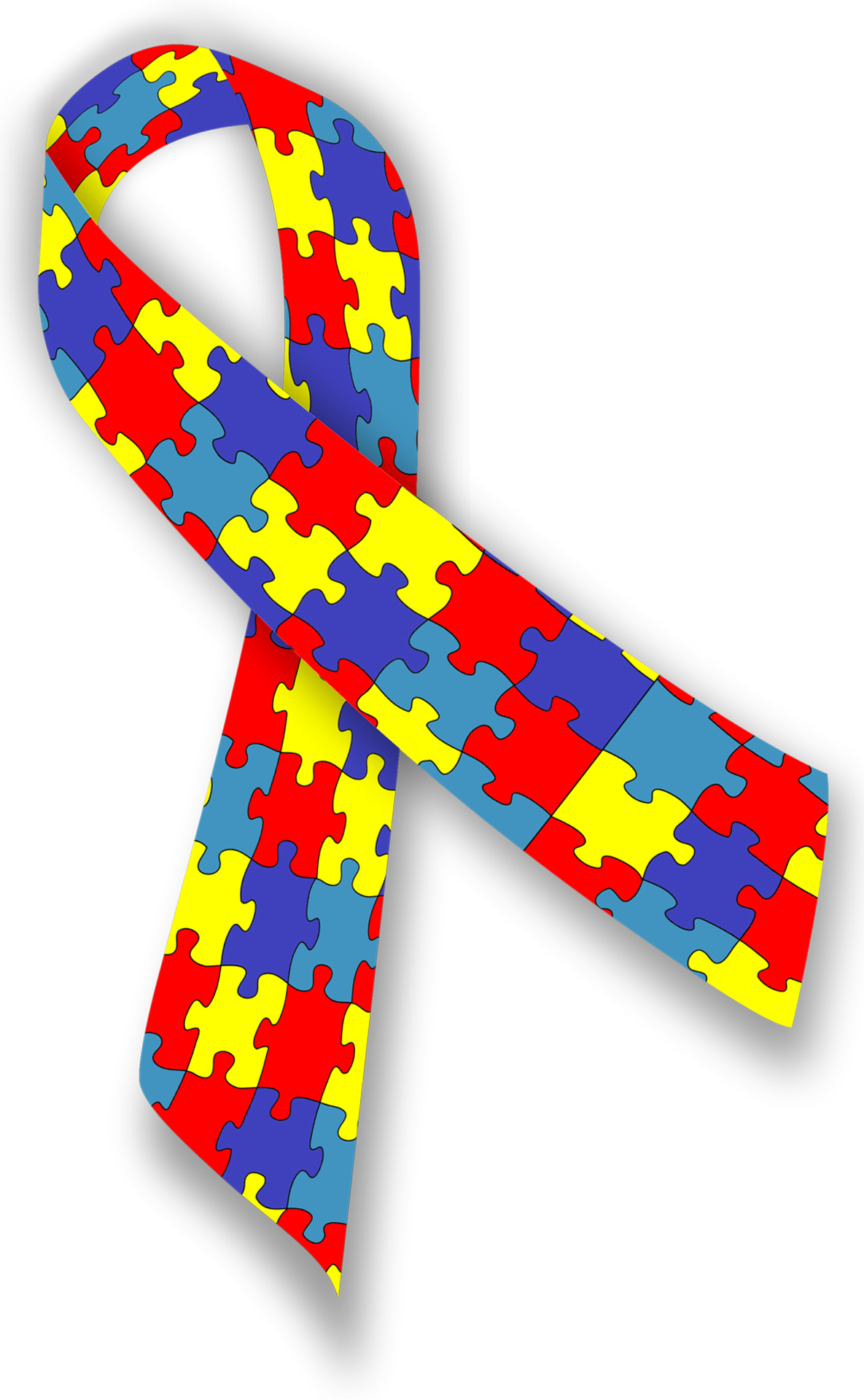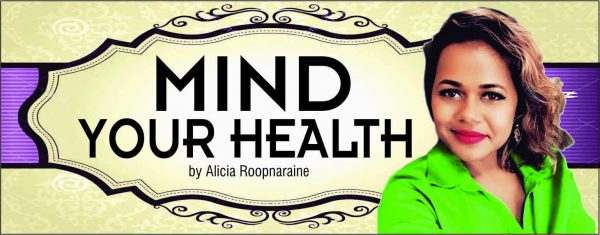Autism or autism spectrum disorder is a developmental disorder that affects the way a person interacts and communicates with their environment and those around them. It is characterised by challenges with speech and non-verbal communication, social skills and repetitive behaviour. Indicators of autism usually appear between ages 2 and 3.
Different types
Because autism is a spectrum disorder, not everyone will be affected in the same way. The ability to problem solve, learn and communicate can range from being extremely skilled to extremely difficult depending on the type of autism the person is diagnosed with. For instance, persons with mild to moderate autism can function more independently than those diagnosed with a severe form of the disorder.
Causes
There is no one cause of autism and research has indicated that genetic or environmental factors or a combination of both could account for the onset of the disorder.
Here are a few signs and symptoms:
Engaging in any sort of repetitive behaviour like eating the same foods or participating in the same type of activities/play
● Flapping hands or rocking
● Poor eye contact
● Delayed speech and communication
● Difficulty having conversations
● Difficulty understanding other people’s emotions
● Children not responding to their name by 12 months
Who is affected?
Research suggests that boys are four times more likely than girls to develop the disorder.
Myths surrounding the disorder:
● Autism is the same as retardation – Absolutely not. Many persons with autism have normal to high IQs.
● Vaccination can lead to autism – There is no evidence to suggest that this is true!
● Children with autism have to go to a special needs school- Untrue! Children with mild to moderate autism can go to a mainstream schools with the right social support and with the help of a teacher who is trained in dealing with children with autism.
● Autism only affects children – Wrong, autism is a lifelong condition which can be managed with the right care and support.
Support and care
Guyana is fairly new to the diagnosis, treatment and care of persons living with autism and since there is only one school which is dedicated to the diagnosis and care of children with autism, the waiting list is extensive. Added to this, there are very few trained professionals who are able to properly diagnose the disorder. However , if you believe that you or someone you know may have a child with the signs and symptoms of autism , you can verify these by referring to scholarly sources on the internet or you can call the senior tutor at the Step by Step School (Tel: 223-7837), and she will tell you what to do. Bear in mind that people with mild to moderate autism can be perfectly functional and it just takes having the right tools to help them manage.
Caring for an autistic child can be difficult and exhausting. If you know of an autistic child in your family or community, do help the parents. They need you.
Alicia Roopnaraine is a Psychologist at the Georgetown Public Hospital Corporation’s Psychiatric Department. You can send questions or comments to her at aliciaroopnaraine@gmail.com






